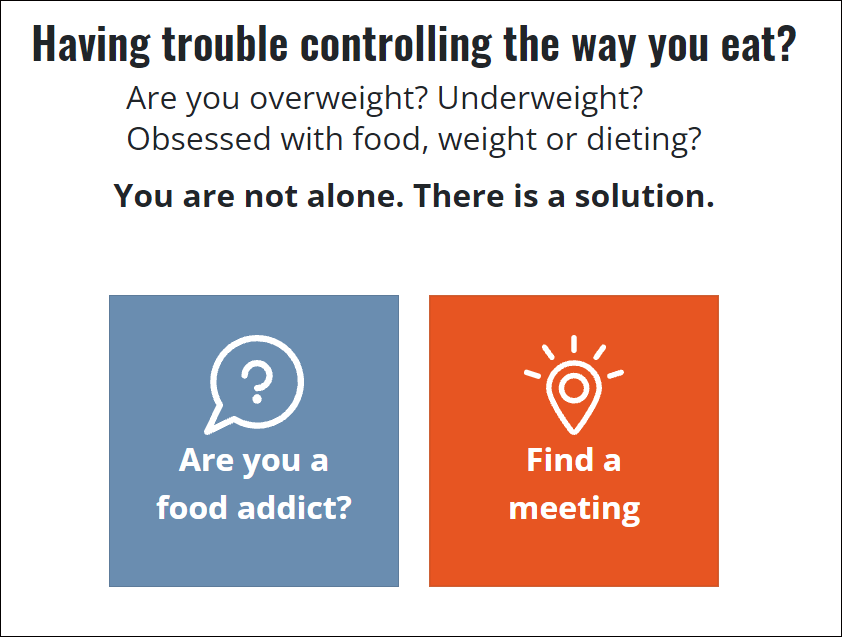

Indeed, an examination of the possible routes to obesity makes clear that an addiction model has a limited, if any, place in understanding obesity ( 4, 7). At the outset, it is important to state that we share with many others the view that FA is unlikely to be a causal pathway in the majority of people with obesity, which is a highly heterogenous syndrome. We will briefly summarize this evidence here. We and others have previously examined the neuroscientific ( 4), behavioural and clinical evidence ( 5, 6) for the addiction model. In this paper, we explored the theoretical and empirical foundations for FA and questioned this influence. Despite continuing uncertainty about the concept and relative lack of support, it has remarkable, and, in our view, unjustified, influence in developing neurobiological models of obesity ( 1) and in framing debates about the formulation of public health policy ( 2, 3). While the idea has intuitive clinical and scientific appeal, and may provide an explanatory narrative for individuals struggling with weight and diet control, it has acquired much currency with relatively little supporting evidence. This is an important debate to hold and resolve because of the potential role of FA in the obesity epidemic. Yet, there is a persistent debate over its validity. The concept of food addiction (FA) attracts much scientific and popular media interest. We argue the current evidence is preliminary and suggest directions for future work that may provide more useful tests of the concept. Validation of food addiction at the neurobiological level is absolutely critical, but there are inconsistencies in the evidence from humans suggesting that caution should be exercised in accepting food addiction as a valid concept. However, even with this more specific focus, there are still problems.

We share the widely held view that such a broad perspective is not sustainable and consider a more focused view: that it underlies particular eating patterns, notably binge eating. To begin, we consider limitations in the general application of this concept to obesity. We therefore review food addiction as a phenotypic description, one that is based on overlap between certain eating behaviours and substance dependence. However, we argue that the evidence for its existence in humans is actually rather limited and, in addition, there are fundamental theoretical difficulties that require consideration. Food addiction has an established and growing currency in the context of models of overeating and obesity, and its acceptance shapes debate and research.

In this paper, we consider the concept of food addiction from a clinical and neuroscientific perspective.


 0 kommentar(er)
0 kommentar(er)
